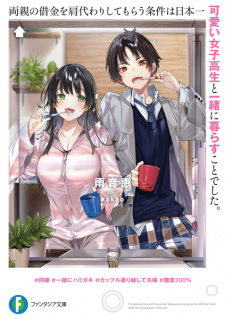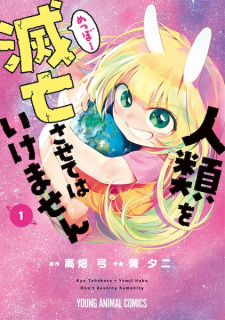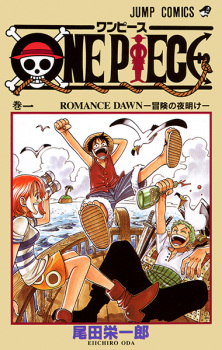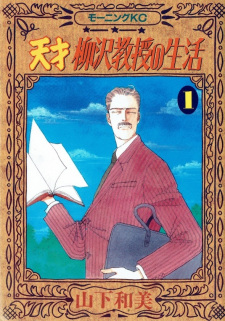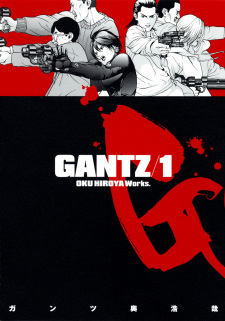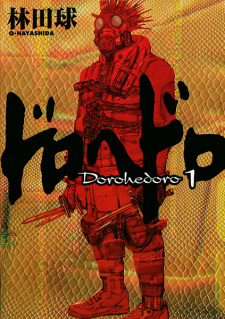Jan 12, 2021
The manga Jin is born from the author (Motoka Murakami) asking himself a question: "If a doctor with knowledge of modern medicine was sent back to the Edo period, what would that man have been able to do?" While advancing through the pages, I realize that the main idea behind most (if not all) of the arcs this work consists of is roughly a direct answer to this question, with a different sickness or situation every time. However, this manga is so much more than just that.
Jin is a neurosurgeon that accidentally travels back in time to 1862 during the Edo era in Japan.
...
This is a very interesting point in time in Japanese history, since it's the time right before the transition from the last Shogunate (military dictatorship of the Shogun) to the Meiji era, where power is restored to the Emperor and Japan undergoes an incredibly fast westernization and modernization of many aspects of its society from a medieval to a modern one. It's an era of huge contrast where Samurai were still in power, but Japan was under a growing influence of the West, which brought many novelties in terms of culture, tools, weaponry and many other things, including medicine.
If you have read or watched Rurouni Kenshin or watched the Last Samurai, both of these tell the perspective of the Samurai after their fall from grace, when society was leaving them behind as a thing of the past. This work shows the events that led to all of that happening.
I am very impressed with many aspects of Jin, but the one that shines the most is its attention to detail and the way this is delivered to the reader. I am not a fan of excess of exposition in novels or manga, and historically based works tend to fall into this pit more than others since exposition is such a common tool when presenting historical facts. Good historical works in my opinion, use exposition to set the context necessary to understand what is happening but let you experience the rest. And this is something I believe Jin does very well. Through the very detailed artwork alone, you will come to understand many things about this era and its people, what the buildings looked like, what people wore, how they lived, how they enjoyed their time and how did Tokyo (known as Edo, already a massive city at this time) used to look.
The main character gets to interact with both the common people and some of the important figures that played a decisive role in this era. And of course, he gets to be a doctor with medical knowledge from the future trying to put into practice what he knows with the limited tools he has available to him. The depiction of the operations and other medical procedures feel extremely realistic and the way he comes up with solutions to the medical problems he faces feel very convincing.
In general, for a comic involving topics such as time travel and adapting of modern medicine to the past, I am quite impressed by how believable the manga is from start to end.
The story is organized into acts that normally involve a certain event (like a trip to a different city) or the specific sickness of a patient and the process to treat them. Because of this format, the manga revolves mainly about a short cast of recurring characters of those closest to Jin, plus the characters from the specific arc. The latter have a strong presence through the arc but tend to disappear afterwards. They do come back from time to time after that, making the world feel alive though. I personally like this format, and I think it fits the story well, but I feel like it does not give much time or importance to character development in general. In no way do characters feel neglected, and you do get to see some development, especially for the important characters, but personally I did not feel very attached to any of them. That is, in my opinion, the weakest part of this work.
Regarding the story itself, I think it's well done. It accompanies the characters instead of driving them for the most part. And the common thread that brings all the arcs together keeps on slowly advancing until the finish line. The end is also satisfying and well done, which is never easy to do.
Overall, I think this is a fantastic manga. I enjoyed it a lot, and got to learn a lot of things with it as well. It may be worth saying that I'm no history or medicine geek by any means, but it's presented in a way in which you'll feel satisfied and interested as you read it. It strikes a good balance between being serious and lighthearted, fun and informative.
Finally, just wanted to say that it was fully translated to English by the end of January 2020, and accessible through the author's Patreon page. Which I hope more mangakas would do, especially with works as difficult to translate as this one.
Reviewer’s Rating: 9
What did you think of this review?
Nice
 0
0
Love it
 0
0
Funny
 0
0
Confusing
 0
0
Well-written
 0
0
Creative
 0
0Show all
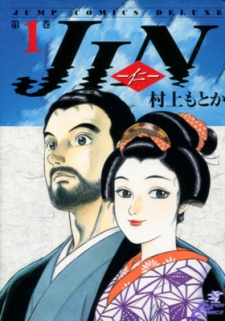

 (1).png)


